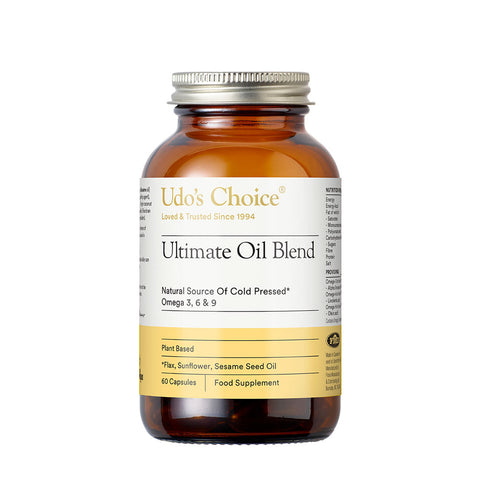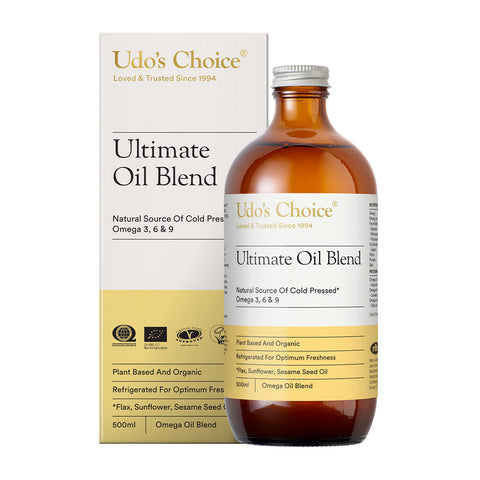The Omega 3 and Omega 6 family contain fats called essential fatty acids, they are “essential” because our body cannot synthesize those particular forms of fatty acids, so we have to obtain them from food. They are only found in plant-based food sources.
They are also known as the parent Omega 3 and Omega 6 as they are found at the top of the Omega chain and will convert down into the longer chain Omega 3 & 6’s known respectively as EPA/DHA and GLA/AA. The two essential fatty acids are called alpha-linolenic acid (Omega 3) and linoleic acid (Omega 6).
Essential fatty acids (EFA’s) are important for our health as they have structural & metabolic functions to do around the body. Part of our cell membrane is made from alpha-linolenic acid (ALA) and linoleic acid (LA). Nourishing our cell membranes with EFA’s will keep them flexible and permeable in order to allow nutrients and oxygen to come into the cell and wastes and toxins to go out of the cell – this biological movement is called ‘cellular transport’. If our cell membranes are nourished then the biologically processing within the cell will function optimally.
"Essential fatty acids also nourish our tissues, organs and glands."
For example, our thyroid gland has a particular job to do; if the thyroid cells aren’t given the proper nutrients to function they can’t do as good a job. This is important because as you get older your glands become weaker, so if you give them the energy they require they will stay stronger for longer. Omega 3 essential fatty acid are particularly important for areas of health linked to heart health such as lowering cholesterol, reducing inflammation and controlling high blood pressure.
"Essential fatty acids are important in brain development, vision, reducing joint pain associated with inflammation, managing depression, preventing dry eyes, weight management and the health of hair, skin & nails."
By consuming the right amount of EFA’s your hair and nails will grow 25% faster without splitting and your skin will be soft and velvety. Our skin is the only organ we can see and the least important, so if our skin cells are nourished by EFA’s than we know our internal organs and tissues are as well. We tend to need more essential fats in the winter time as we burn more energy and less in the summer months.
Essential fatty acid deficiency is also linked to fertility issues in both males and females. Healthy fats are the foundation of our hormones.
"Without fats our body cannot properly manufacture reproductive hormones: oestrogen, progesterone and testosterone."
In order to make these hormones we need to be consuming our Omega 3 and Omega 6 fats within our diet. The fertility benefits of essential fatty acids are that they help to regulate hormone balance, reduce breast tenderness and pain, reduction in menstrual cramps, increase cervical mucous, promote ovulation, better sperm formation, as well as, increasing the blood flow to the uterus and testes.





